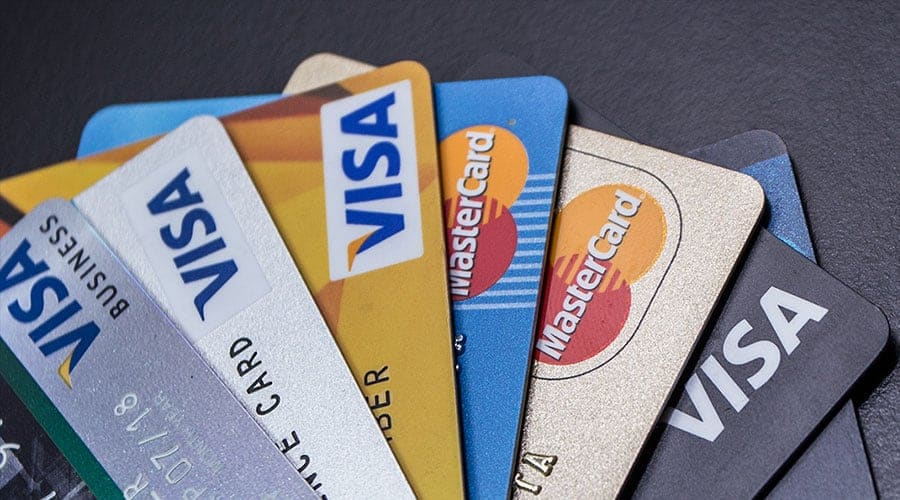Your credit score is important. It determines whether you have access to loans and credit cards, so it is imperative your score remains as high as possible. When deciding if you are creditworthy, lenders will immediately examine your credit score. Your score is calculated using a variety of factors, and once it is calculated, you are placed in a FICO credit scoring bucket with other individuals with similar scores. The bucket you find yourself in will determine if your credit is excellent, good, fair, or poor. Credit scoring buckets, also known as brackets or ranges, can have a major impact on your overall score.
What is a Credit Scoring Bucket?
Everyone has more than one credit score, and the score lenders look at will vary from institution to institution. There are also special credit scores for the insurance and auto industries, as well as different credit scoring models, such as FICO and VantageScore. Each score can be different, but FICO is the most widely used scoring model, and it places individuals in one of the four “buckets” mentioned above. Individuals with excellent credit will have an easier time with lenders than those with fair or poor credit scores. Most Americans fall into one of the middle buckets (good and fair) or the lowest bucket (poor).
How Are Scores and Buckets Decided?
The different credit scoring institutions all use similar criteria when calculating a credit score. Not all the factors used in determining a score are weighted equally, so some are more important than others. In general, when calculating a credit score, the following factors are taken into consideration:
- Payment history – Do you pay your debts on time? Lenders prefer individuals who pay their debts as scheduled.
- Length of credit history – How long have your accounts been open? The older your accounts are, the better.
- Amount owed – How much do you owe in relation to how much credit you have. The ideal ratio is 30%. Individuals who do not max out their credit lines tend to be more creditworthy.
- Recent inquiries – Have you applied for credit before? The number of times you apply for credit will impact your overall score.
- Credit mix – What types of credit do you have? Lenders prefer individuals with a good mix of credit.
Once all the factors listed above are taken into consideration, individuals are assigned scores ranging between 300-850.
Credit Scoring Bucket Classifications
The credit scoring bucket you are in will have a major impact on whether lenders choose to extend credit to you. The buckets are as follows:
- Excellent: 800 and above
- Very good: 740 to 799
- Good: 670 to 739
- Fair: 580 to 669
- Poor: 579 and below
In general, there are four primary buckets, but “very good” and “good” scores are often categorized separately.
Excellent vs. Poor Credit Buckets
If you have excellent credit, you will be approved for almost any credit card or loan. Compared to others, your interest rates will also be lower. A “very good” credit score may be able to offer similar benefits, but individuals with the highest scores will reap the most benefits. To achieve an excellent credit score, you generally cannot miss any payments over seven years. You must also have a credit utilization rate of less than 30%. Individuals in the “excellent credit” category also tend to have a diverse mix of credit.
On the opposite end of the spectrum, a “poor” credit score can make life considerably more difficult for individuals. Loans and credit cards are typically not available to those in this particular bucket. It may also be impossible to get a mortgage or loan for a large amount of money. Auto loans are harder to come by, and if a person does manage to get a loan, their interest rate will usually be significantly higher than average. When renting or purchasing utilities, deposits for individuals in this bucket are often high.
Raising Your Credit Score
To raise your credit score and qualify for a new “bucket” you will need to adopt new behaviors. Firstly, you must pay all your bills on time. An easy way to do this is to put all your bills on “auto pay” so you don’t have to worry about paying them off one at a time. Once you are in the habit of paying your bills off on time, you should focus on reducing the amount of debt you owe. The lower your debt-to-credit ratio is, the higher your score will be.
If you are attempting to raise your credit score, it may also be a good idea to get a loan or credit card. As long as you pay your bill on time, a new card or loan can have a positive impact on your credit score. You should also avoid hard inquiries and try to diversify the type of credit you currently have.
Learn More
Here at Coast Tradelines, we understand the importance of having a good credit score. With our help, you can boost your credit score and qualify for the loan you want. Contact us today at 619-363-1472 or by visiting our website to learn more about our company and services.


